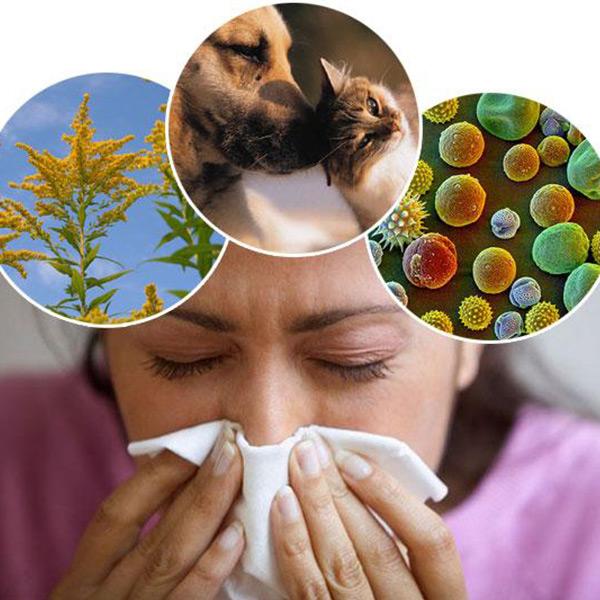
How your allergies are making your skin worse!
Share
How your allergies are making your skin worse!
If you live anywhere in the western world, chances are that you know somebody that is dealing with eczema, or that even you have dealt with it sometime in your life. Eczema is a relatively common skin disease affecting anywhere around 10% of all people living in the United States of America. But what is eczema? Eczema is a skin disease that most of the time manifests itself as a patch of skin that has redness and is irritable, perhaps it’s really itchy and if you do scratch it, the condition becomes worse.
There are a lot speculations so as to what causes eczema, but there is no one conclusive cause to all cases. But the link between allergies and eczema has been shown consistently in scientific studies.
The realisation may dawn upon you know that whenever you have had allergic reactions in your past, the condition of eczema has magically flared up at the same time. This is not a coincidence at all. How are allergies making your skin worse? These flare ups can effect different skin types in many ways.
During an allergic attack, the body recognises the harmless substances as harmful, and as a consequence overacts in trying to remove them from the body as soon as possible. Most frequent allergens are pollen dust, pet dander, etc. Even some foods can cause allergies, such as egg yolk, peanuts, milk, etc.
Some research shows the link between the allergies and eczema to lie in the genetic aspect of the body. Studies have shown that people that are plagued by eczema lack a certain protective protein inside the skin, a protein that has a big influence on the skin barrier and people without this protein have an increased tendency to leak into their body through their skin a host of allergens. The lack of this protective protein also leaves the skin with lower protection from outside irritants such as abrasive soaps, and this may very well cause the redness associated with eczema.
Also, research has shown that some people with eczema have a defect in the barrier of the skin. This defect makes the barrier a bit easier to penetrate for various irritants from the outside world, and once these irritant (potential allergens) enter, the skin then tries to force them out and neutralise them, which is a process that causes redness on certain areas of the skin, i.e. eczema.
Finally, we’ll mention the case with Immunoglobulin E, a type of antibody present in the bodies of people, and this antibody is specifically dealing with allergic reactions. Well, it has been noted as well that people with eczema have higher concentrations of this antibody than people without eczema. Further research is needed into the subject though, before being able to make firm conclusion on this link between eczema and allergy.
So, how do you use this information in order to protect yourself? First of all, since you know that allergic attacks are related to eczema, you may want to use a journal in order to write what were you doing, and what were you eating or drinking, or about the environment that you were in when your eczema has started to flare up. Chances are that there has been some allergen that your body is sensitive to, and if you write in your journal about your surroundings when this happens, chances are you’ll soon be able to pinpoint the exact allergen and remove it from your life altogether, making your allergic reactions and eczema flare ups disappear. If you need some tips on living with eczema click here!
You’ll also want to evade harsh chemicals and prevent them from coming into contact with your skin, and also to read up on most frequent allergens which you can remove one by one by trial and error, until you find the one that makes problems for your body.
